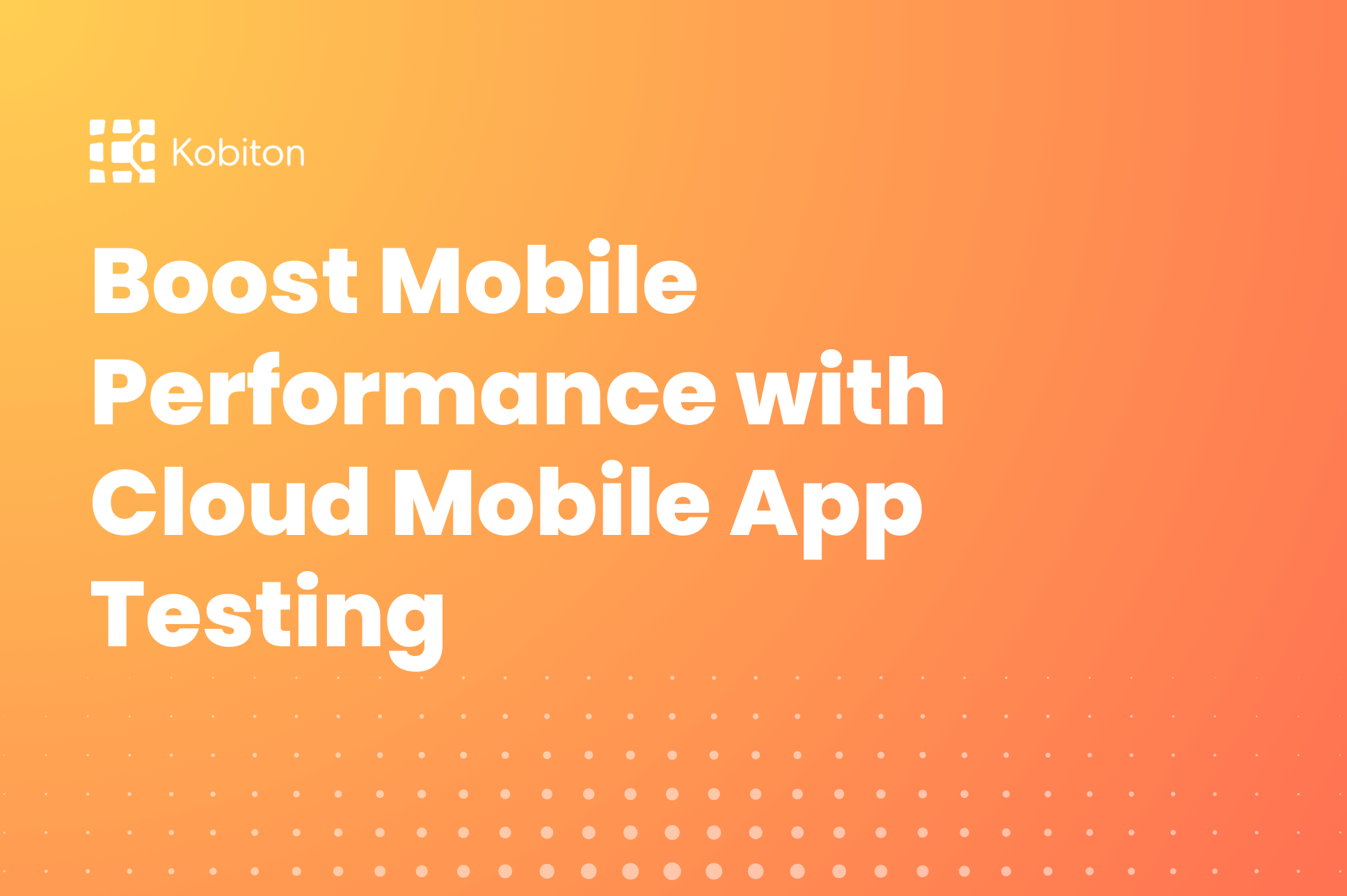
Boost Mobile Performance with Cloud Mobile App Testing

Ella Klassen
A mobile testing career is driven by a constant stream of data, analyzing inefficiencies in mobile app development stages and pushing products to reach their pinnacle. Typically, this practice is thought of in terms of spreadsheets and software deep dives, all of which may turn career testers towards a mindset that numbers are their everything. The hidden beauty of mobile testing as a career is that the troubleshooting process has the capability of giving bloom to a dynamic new avenue in rethinking how we approach the products we bring to market.
This inherent sensitivity to product performance and refinement makes mobile testing a career that can be versatile and can act as the frontline for creative solutions for the entirety of your team. With that in mind, let’s look at how you can excel in your mobile testing career and blend efficiency with creative flow.
Streamlining the more redundant (but necessary) tasks in testing is a must for any mobile tester to succeed in their work. For over a decade, mobile testers have turned to a plethora of tools to build out custom automated testing frameworks. Utilizing open source automation servers, like Jenkins, developers can devote time upfront to establishing a robust system of checks that can be applied to future projects in an effort to achieve an automated, fully-functional testing kit. Best of all, once this setup is employed, testers are free to devote their time to more nuanced troubleshooting and creative problem solving with the rest of the dev team.
One of the easiest ways to accelerate your mobile testing career and see quick returns is by habituating the testing process as a constant feature of your team’s development plan. Rather than seeing testing as the finish line, which can create a vicious cycle of bottle-neck blockers, make an effort to embed testing into the fundamental philosophy of your organization. Test key functions early on in the process, setting up demos to run authentic mobile app testing via manual methods. Pace it out so that, in the end, the bugs are handled early and your testing routine is ultimately more effective, less stressful, and more productive to the release cycle.
When working with the dev team, testers often have the unfortunate task of being the bearer of bad news. The app that the dev team has poured their soul into for the past several months, which they’re absolutely convinced is ready to hit the market tomorrow after checking off the testing boxes, might not turn out how development had hoped. Bugs and errors can be big or small, a matter of personal taste or completely app-crashing. Whatever the case may be, developing the interpersonal skills to be direct about what’s happening while also not ruining someone’s morning is an invaluable tool for any career tester. Reassuring words, focusing on the positives, and building team relationships will all help in this area that so often gets overlooked.
Once you’ve automated facets of your mobile app testing, you should consider turning your attention towards a deeper understanding of the development side. This will aid your testing career in a variety of ways. First, it adds a new layer of intrigue and creative output to your job, allowing you to concentrate on other aspects of your mobile product. It also gives you a better idea of how your company creates their apps, which will ultimately make your life much easier when testing. Proficiency in coding and understanding the language of development will allow you to anticipate certain errors, strengthening your testing by allowing you to provide quick solutions for your team when it comes time to debug.
Mobile testing as a career can combine the best of both worlds, with analytics and expression via solution-based initiatives all rolled into a singular package. Incorporate these qualities into your toolkit, and you can find a high level of satisfaction and success in your mobile testing career.